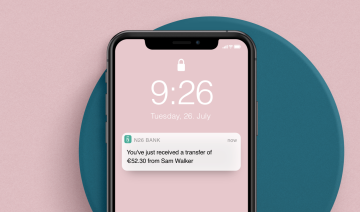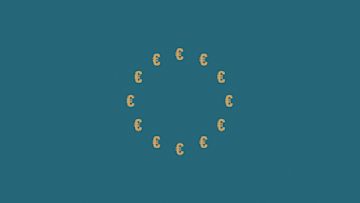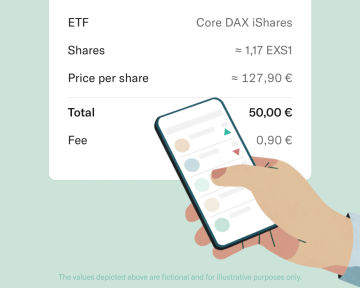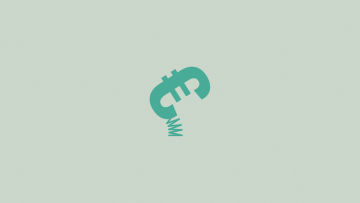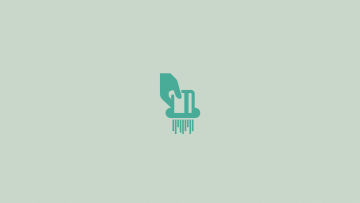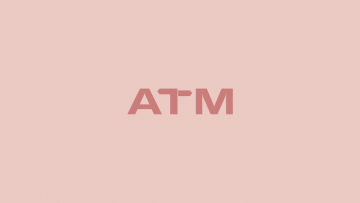Dear Money: an exercise for rewriting your financial scriptsWhether you feel stuck, anxious, or ready to make a change, writing a letter to money can help you reflect on and reset your financial mindset.
5 min read
How to master your shared savings goals
5 min read
Your sign to get your finances in shape
6 min read
Banking Basics: getting started
6 min read
Banking Basics: ATM fees
6 min read




